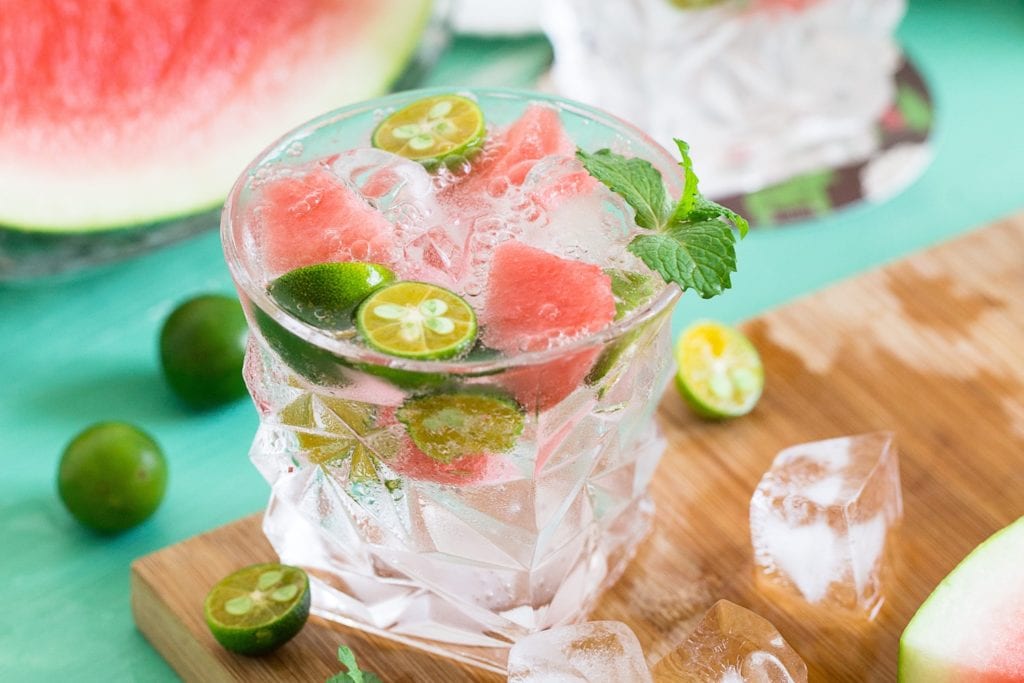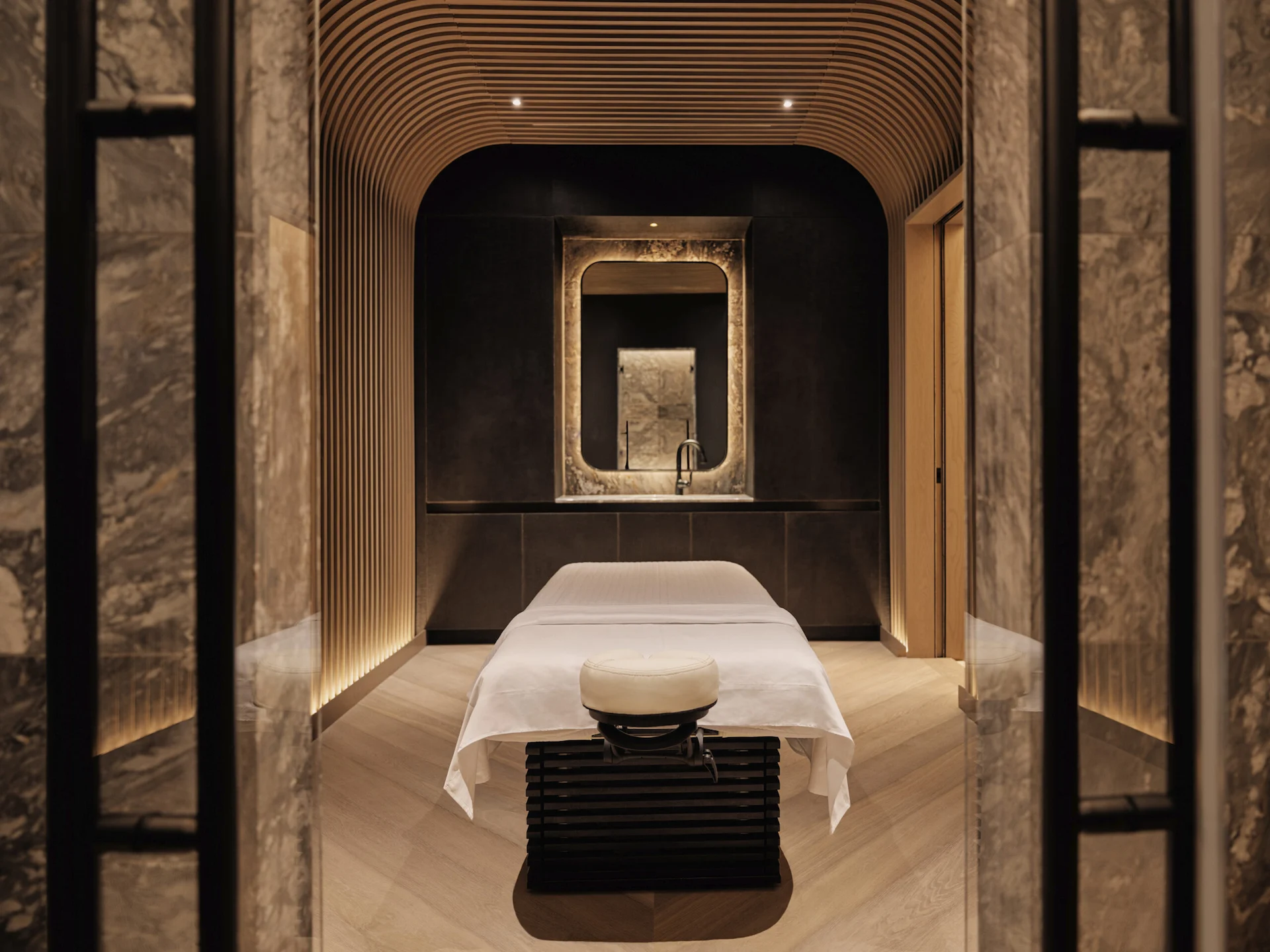Alcohol is a macronutrient like protein, carbohydrates, and fat—but unlike those three, alcohol is not an essential nutrient. Alcohol represents ‘empty’ calories and has no satiating effect which may lead to the consumption of excessive calories above your usual intake, and alcohol can interfere with training because of its dehydrating effects or by interrupting your sleep, making any fitness transformation efforts double as hard. While we’re big supporters of the sober-curious movement, it’s not always possible to avoid alcohol completely, whether for business or pleasure. Matthew Leeb of UP Fitness shares five health tips for alcohol consumption when it can’t be avoided.

On days you know you’ll be drinking alcohol, keep your fat intake very low
Weight gain occurs when we consume more calories than we expend and drinking can easily push us over our calorie budget for the day. To offset the amount of calories you consume in alcohol the priority should be to reduce dietary fat. That’s because 1g of alcohol contains 7 kcal, while 1g of fat contains 9 kcal. Therefore, reducing additional fat in your meals will provide a buffer against the consequential calories of alcohol consumption and help you drink alcohol in a healthier way.
Ensure you hit your protein target for the day
Protein is important for body composition change because of its impact on satiety and its muscle sparing properties. Consuming adequate protein on days you’ll be drinking will allow you to feel satiated and thus help to prevent any binge eating. Additionally, hitting your protein target will preserve muscle mass and eliminate any unwanted catabolism. At UP, we advise our clients to consume between 0.8g and 1.2g of protein per pound of bodyweight daily in order to ensure the mentioned benefits.
See also: 7 Luxury Wellness Retreats To Help You Put Your New Year’s Resolutions Into Action
Stay hydrated before, during, and after drinking
Most people don’t drink enough water to begin with; combine that with the diuretic property of alcohol and the result is dehydration. This poses a huge threat to training recovery and sleep leading to subpar results in the gym and inadvertent weight gain. Prevent these consequences by making sure you hit the necessary daily water requirements and stay hydrated while drinking alcohol. At Ultimate Performance we recommend our clients consume a minimum of 3L of water daily but this number should be increased to accommodate periods of alcohol consumption.
Choose and track the alcohol you consume wisely
When presented with a choice of drinks, go for low calorie options such as shots, small glasses of dry red wines (they are lower in carbs) or spirits with zero-calorie mixers. Regardless of what you drink, being aware of the caloric content of your choices is important. Using an application like MyFitnessPal will give you insight into just how many liquid calories you’re consuming and this should act as a deterrent to drinking in excess.
Moderation is key
The current alcohol guidelines given by the National Health Service (NHS) in the UK put both men and women at 14 units per week. According to the NHS, “units” are a simple way of expressing the quantity of pure alcohol in a drink and one unit equals 10ml (or 8g) of pure alcohol—this being the amount of alcohol the average adult can process in an hour. Moderate your alcohol consumption through the week and stick to two units maximum per day to mitigate any impact on your fitness goals and body composition.
For more information on meeting your weight and fitness goals or to learn more about Ultimate Performance, check out upfitness.com.hk.



